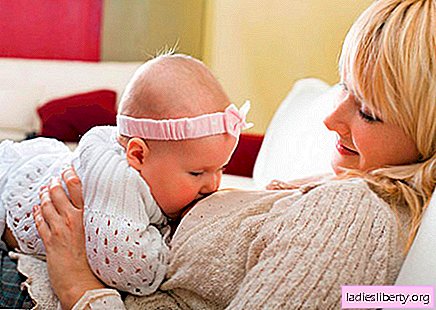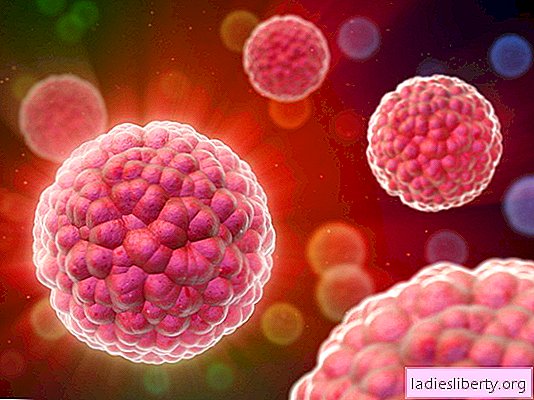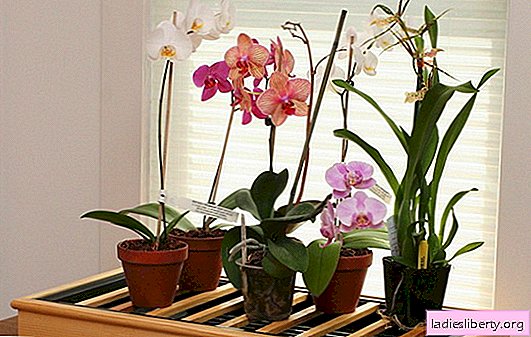
British scientists in the course of research concluded that breastfeeding can prevent the possibility of food allergies in infants. That is why, when transferring a baby to a new diet, you should not stop feeding him with breast milk. According to the head of the study, Kate Grimshaw, breast milk contains a large number of substances that have a beneficial effect on the development of the baby’s immune system. For this reason, the addition of new elements to food can be perceived by the child's body as a threat to health.
The essence of the Grimshaw theory is that if allergen products are introduced into the baby’s diet (when breastfeeding is stopped), the risk of developing food allergies is extremely high, since the baby’s diet loses important substances that can strengthen the immune system. That is why the specialist recommends transferring the child to solid food no earlier than 17 weeks of his life, naturally, with continued breastfeeding.
During the experiment, the nutritional characteristics of 41 children with a predisposition to food allergies and 82 healthy babies were studied. The results showed that children prone to allergies, mothers were previously converted to solid foods, while reducing the amount of breast milk, which, according to Grimshaw, caused a malfunction in the children's immune system.
However, not all experts share the Grimshaw point of view. In particular, the pediatrician of the Miami Children's Hospital, Vivian Hernandez-Trujillo, believes that the Grimshaw theory is just speculation, since scientists still don’t know the reliable causes of food allergies. In addition, the National Health Service in the United Kingdom recommends that solid foods be included in the diet of children not from 17 weeks, but only after 6 months.











